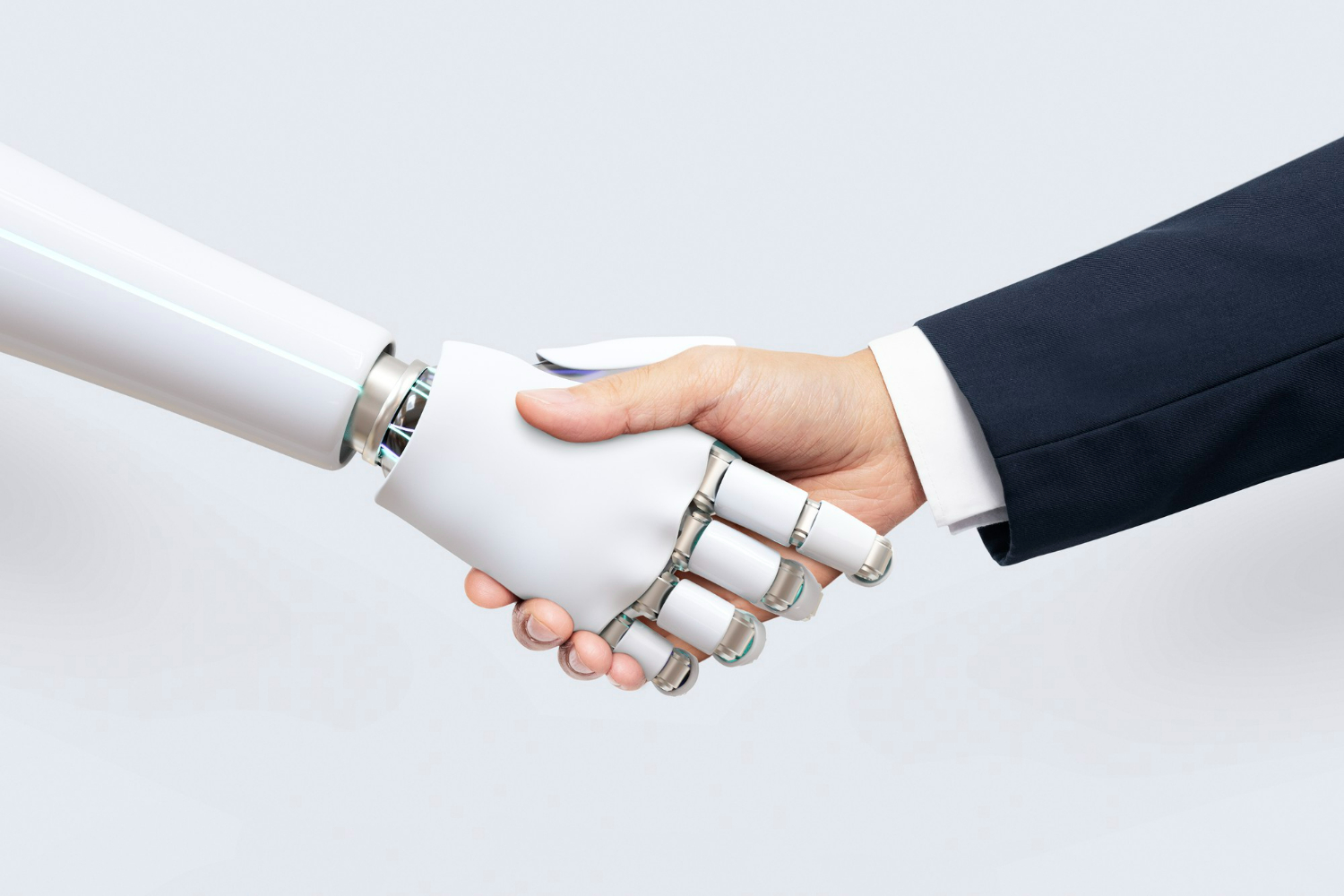
The future of law: How is AI applied to Law?
The popularization of ChatGPT allowed a subject that for many was fanciful and exaggerated, to land in our daily lives. Artificial Intelligence is no longer as distant or as dramatic as the cinema and literature once portray it, and now we have to ask ourselves how we can benefit from it. In this case we will reflect on its application in the field of Law and we will mention some real applications that benefit the legal practice.
ChatGTP created by OpenAI allows any user to ask it for small editorial and research tasks on any topic, however its database from 2021 still does not have the capacity for critical analysis, so its role has certain limitations. For now, the use of chatbot is free, but in the future the company plans to charge and place a watermark on the content written by its word processor.
While artificial intelligence can be useful for improving efficiency in jobs like legal content writing or search engine optimization, it’s important to remember that there are things only humans can do, like understanding specific situations or providing more realistic, reliable, and accurate answers. When it comes to writing legal content, it is key to work with experts to ensure that the content is accurate and meets the standards of professional conduct required for law firms and attorneys.
In summary, ChatGPT is a very useful tool and if you are a legal professional, you will know how to take advantage of it as your AI assistant, and obtain information for your practice, but you cannot leave all the work to it. On the other hand, leaving ChatGTP aside, the AI has specific applications in Law with the support of other types of software that your firm might find useful:
- Contract analysis: AI can be very useful in contract review and analysis. Instead of having to manually read and analyze each contract, AI can do automated analysis and provide relevant information, such as important clauses, trading terms, and potential risk areas. This can save time and improve efficiency in contract review, which is especially important when dealing with large amounts of documents.
- Prediction of trial outcomes: AI can analyze data from past trials to more accurately predict the outcome of a particular trial. This is accomplished through machine learning techniques, which can identify patterns and trends in the results of past trials. This can provide lawyers and judges with a better understanding of the chances of success or failure in a particular trial, which can help in decision-making and litigation strategy.
- Assistance in decision-making: AI can be of great help in judicial decision-making, especially when dealing with complex cases or with large amounts of information. AI can analyze data and provide objective and relevant information to judges, which can help make more informed and fair decisions.
- Automation of legal processes: AI can help automate repetitive and tedious tasks in the legal process, such as preparing documents and organizing information. This can free up time for lawyers to focus on more important and strategic tasks, such as litigation strategy and client representation.
- Legal research: AI can be very useful in legal research, especially when dealing with large amounts of information. AI can perform deeper and more efficient searches of databases of laws and court cases, which can help lawyers find relevant information and develop stronger, more strategic arguments.
Some examples of software that uses artificial intelligence in the area of law:
LawGeex: This software uses artificial intelligence to automate contract analysis and improve efficiency and accuracy. You can find more information on their website: https://lawgeex.com/
Casetext: uses artificial intelligence to predict court outcomes and improve efficiency and accuracy in legal research. You can find more information on their website: https://casetext.com/
Judicata: Helps lawyers predict court outcomes and make informed decisions. You can find more information on their website: https://judicata.com/
Kira Systems: is machine learning software that helps lawyers classify and extract information from legal documents, including contracts and other due diligence documents. You can find more information about Kira Systems on their website: https://www.kirasystems.com/
eBrevia – eBrevia is artificial intelligence software that uses machine learning techniques to help lawyers classify and extract relevant information from legal documents. You can find more information about eBrevia on their website: https://www.ebrevia.com/
Contract Express: Contract Express is contract automation software that uses artificial intelligence techniques to classify and extract relevant information from legal documents. You can find more information about Contract Express on their website: https://www.contractexpress.com/
You can use these tools to facilitate your practice, but it is clear that we still need to do the work and give it the human touch. Have you used any AI software yet? Has it given you good results? Let us know your experience.


Leave a comment: